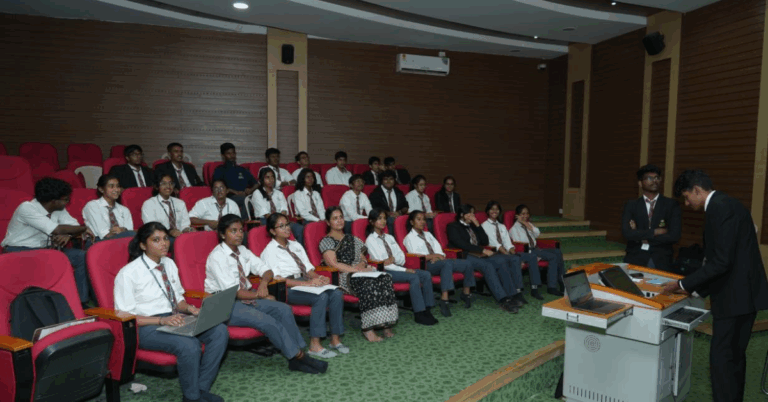Leveraging Technology for Culturally Relevant Assessment and Feedback Strategies: All panel mahadev, Lotusbhai, Allpaanel. Com login
all panel mahadev, lotusbhai, allpaanel. com login: Technology has become an integral part of our lives, impacting various aspects of how we live, work, and learn. In education, leveraging technology for culturally relevant assessment and feedback strategies can play a significant role in creating inclusive and equitable learning environments. By harnessing the power of technology, educators can better understand their students’ diverse backgrounds, experiences, and needs, ultimately leading to more effective teaching and learning outcomes.
Understanding Culturally Relevant Assessment and Feedback Strategies
Culturally relevant assessment and feedback strategies are grounded in the idea that students’ cultural backgrounds, experiences, and perspectives should be taken into account when designing assessments and providing feedback. By acknowledging and valuing students’ cultural identities, educators can create a more inclusive and supportive learning environment that respects and celebrates diversity.
Leveraging Technology for Culturally Relevant Assessment
1. Digital Portfolios: Digital portfolios allow students to showcase their work, reflect on their learning experiences, and receive feedback from teachers and peers. By incorporating diverse cultural perspectives into their portfolios, students can share their unique stories and experiences, fostering a sense of belonging and pride in their cultural heritage.
2. Online Surveys and Polls: Online surveys and polls can be used to gather feedback from students about their learning experiences, preferences, and needs. By incorporating questions that are culturally relevant and sensitive, educators can gain valuable insights into how to better support their students and create a more inclusive classroom environment.
3. Video Assessments: Video assessments provide students with a platform to express themselves creatively and authentically. By allowing students to showcase their learning through videos, educators can gain a deeper understanding of their cultural backgrounds, perspectives, and strengths, leading to more personalized and relevant feedback.
4. Virtual Reality: Virtual reality (VR) technology can transport students to different cultural contexts and experiences, allowing them to explore and interact with diverse cultures in a meaningful way. By incorporating VR into assessments, educators can provide students with immersive learning opportunities that promote cultural awareness and empathy.
5. Digital Storytelling: Digital storytelling allows students to share their narratives, traditions, and experiences through multimedia platforms. By incorporating digital storytelling into assessments, educators can empower students to use technology to amplify their voices and perspectives, fostering a deeper connection to their cultural identities.
6. Online Collaboration Tools: Online collaboration tools enable students to work together on projects, share ideas, and provide feedback in real-time. By using culturally relevant topics and themes in collaborative activities, educators can promote cross-cultural understanding, collaboration, and communication among students from diverse backgrounds.
FAQs
Q: How can technology help educators assess and provide feedback on students’ cultural competencies?
A: Technology can provide educators with tools and resources to assess students’ cultural competencies, such as online quizzes, surveys, and digital portfolios. By incorporating culturally relevant questions, prompts, and feedback mechanisms, educators can better understand and support students’ cultural identities and experiences.
Q: How can educators ensure that technology-based assessments and feedback are inclusive and equitable for all students?
A: Educators can ensure that technology-based assessments and feedback are inclusive and equitable by considering students’ diverse cultural backgrounds, experiences, and needs. By incorporating culturally relevant content, diverse perspectives, and personalized feedback, educators can create a more inclusive and supportive learning environment for all students.
In conclusion, leveraging technology for culturally relevant assessment and feedback strategies can help educators create inclusive and equitable learning environments that respect and celebrate students’ diverse backgrounds, experiences, and perspectives. By embracing technology as a tool for promoting cultural awareness, empathy, and understanding, educators can enhance their teaching practices and empower students to thrive in a multicultural world.







